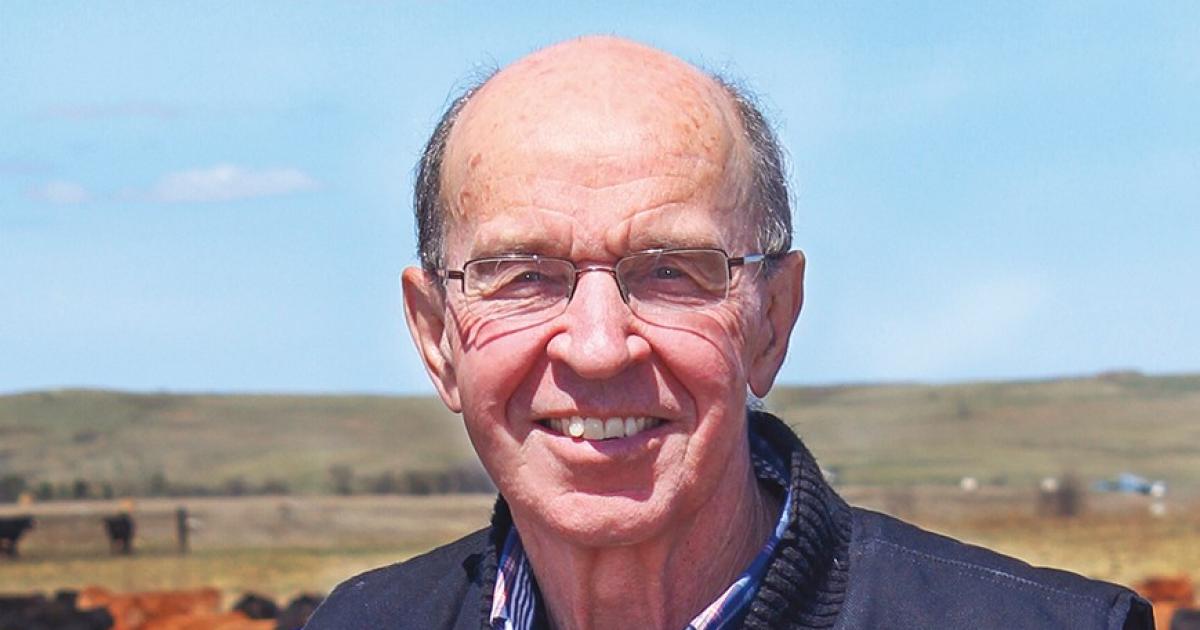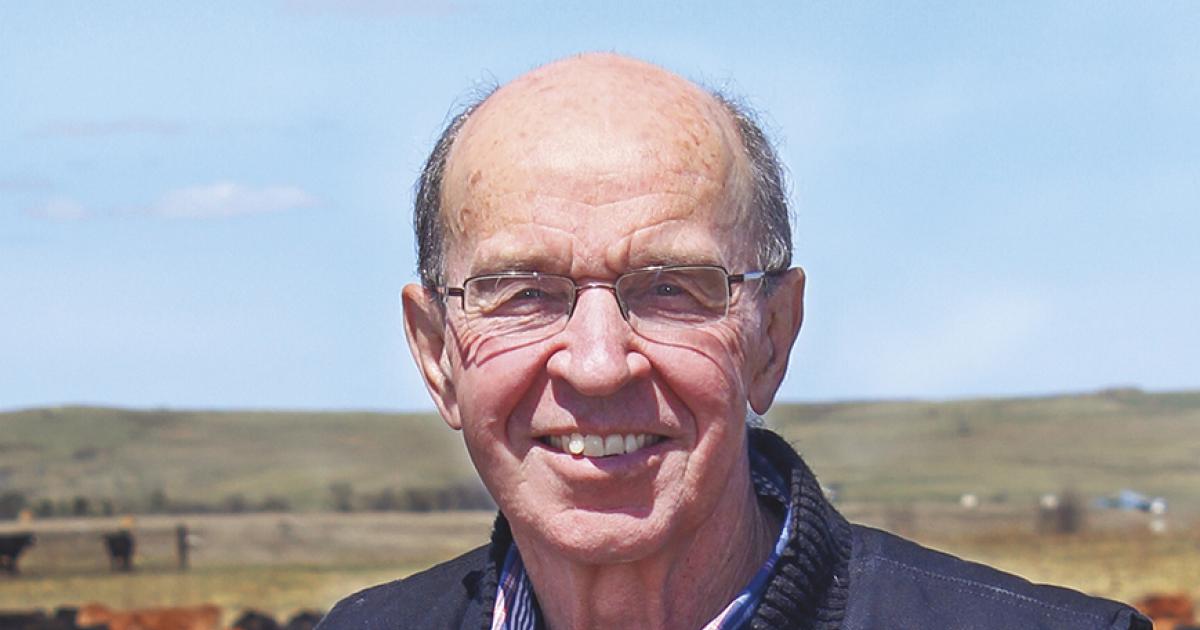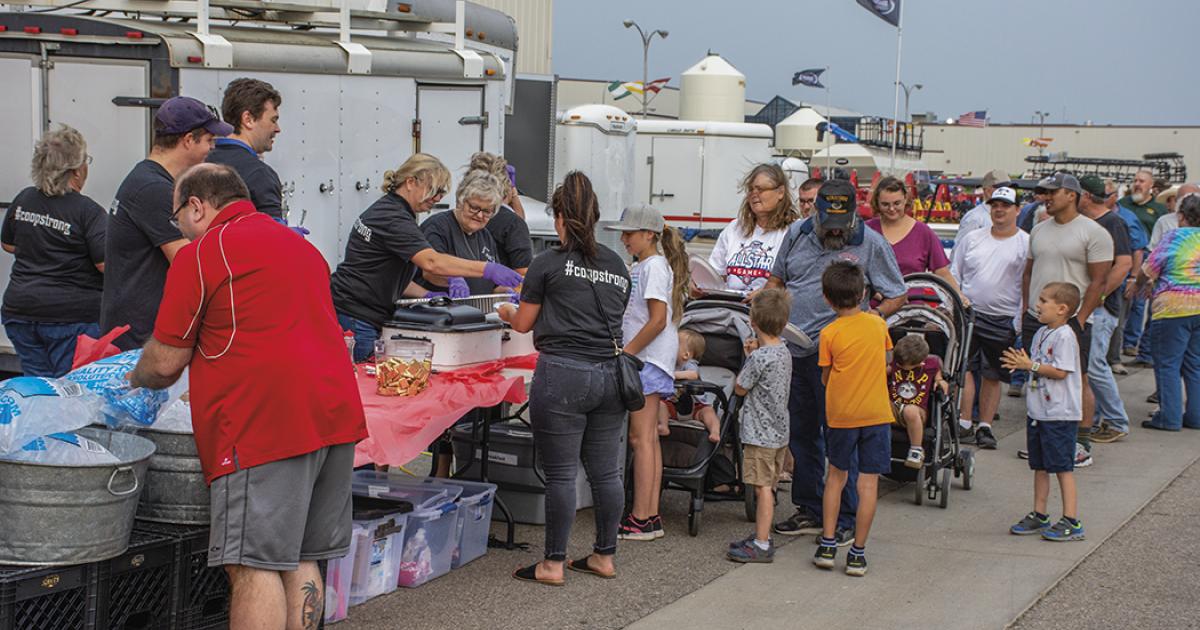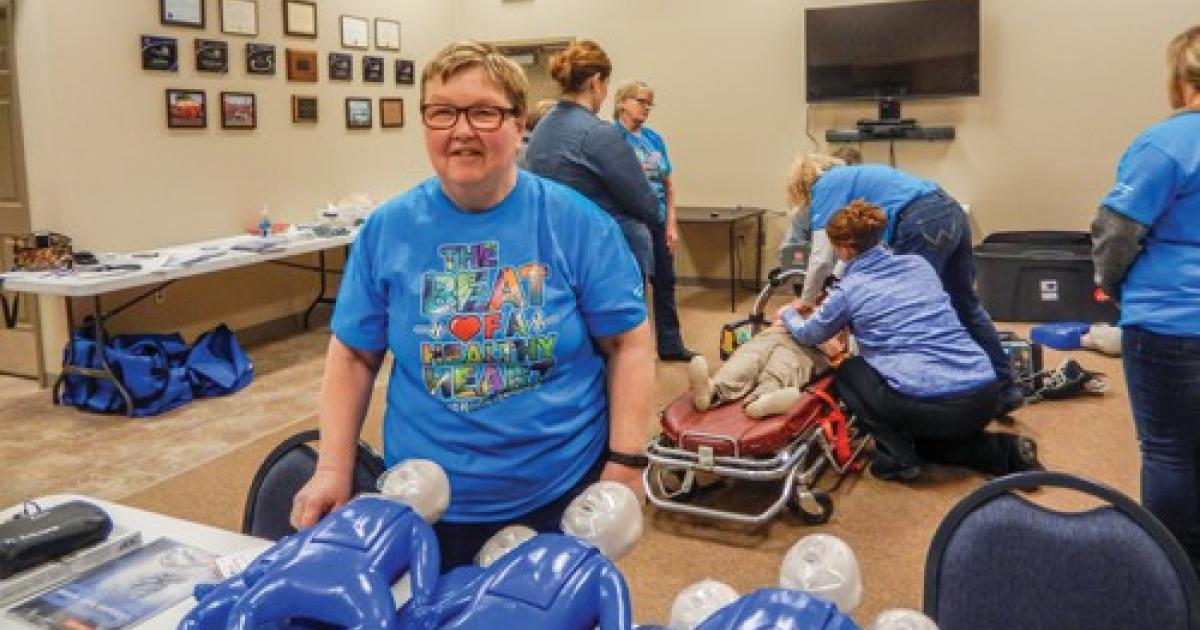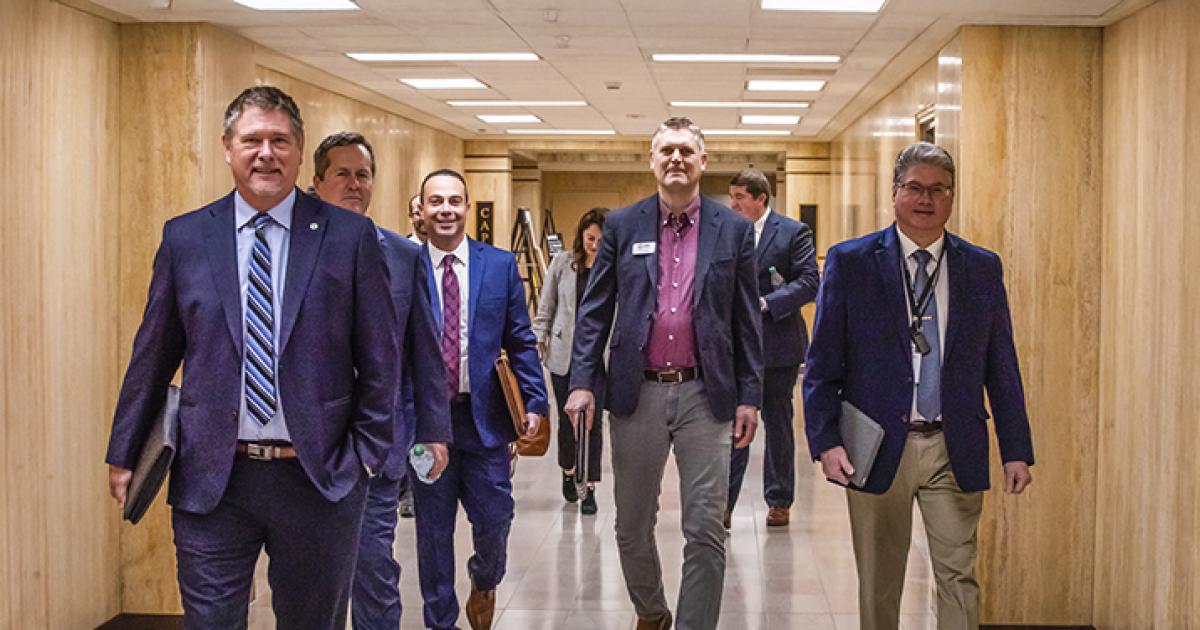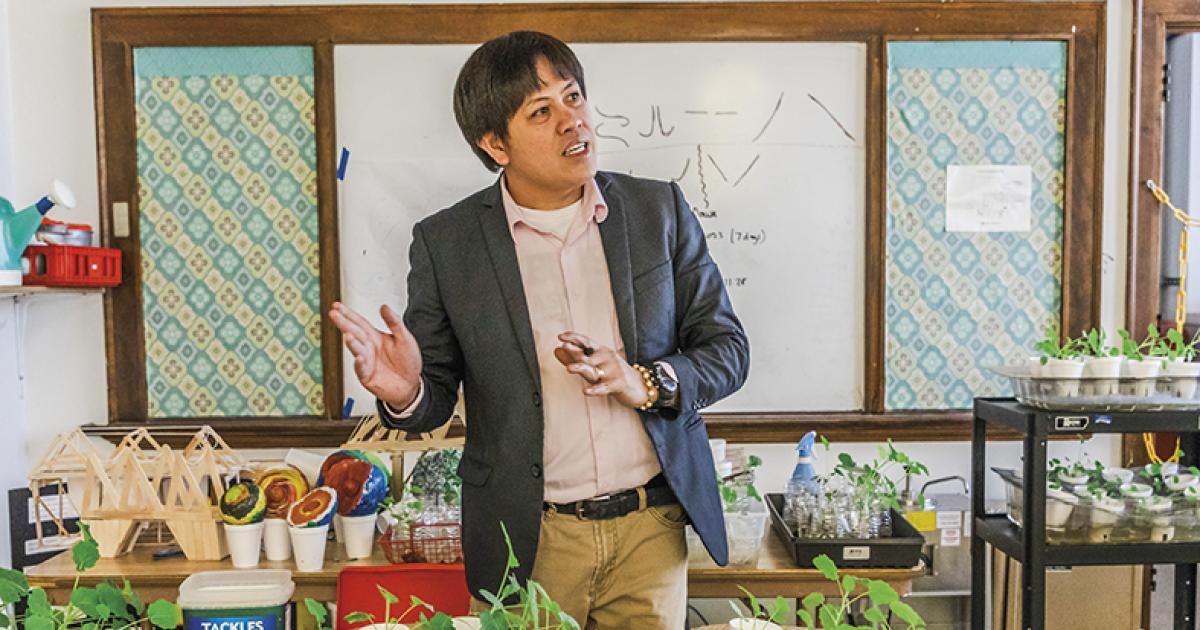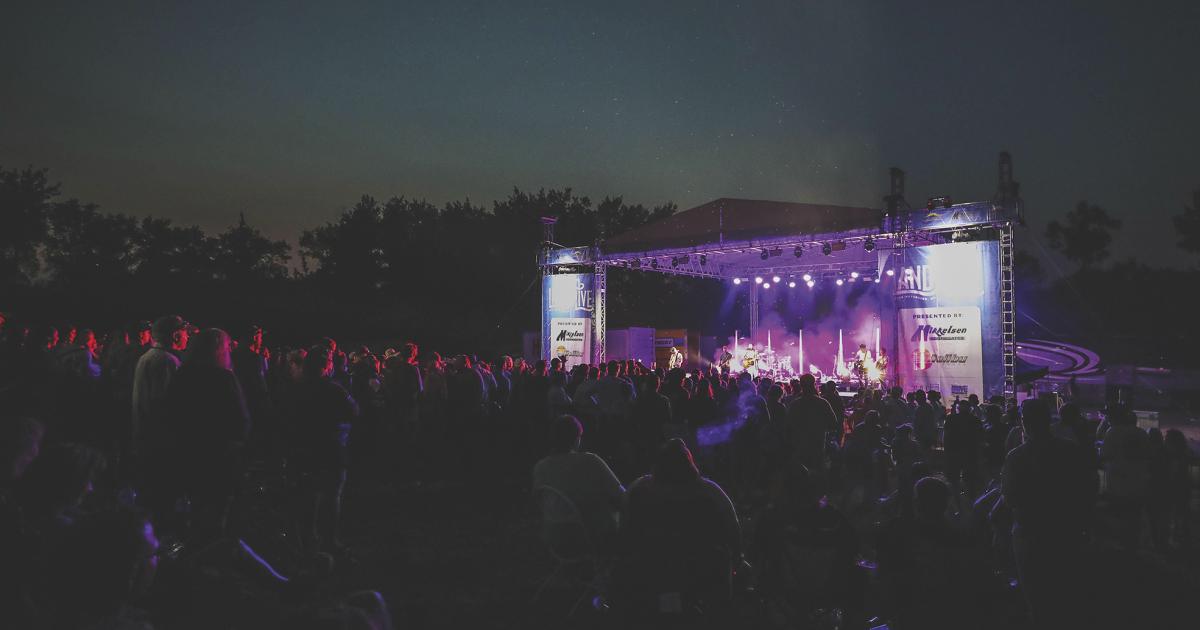Looking forward and looking back
Our daughter in New York sent me a BBC article she came across about the future of farming. It talks about “the communications technologies required to move data between the field and the computational cloud, and the technology to process mind-boggling volumes of information with artificial intelligence (AI) and machine learning.”
How do you feel about the future of farming? It’s a future full of technological advances, with “drones detecting weeds and delivering the right mix of herbicide.” Farming’s future is exciting.
Then again, how do you feel about farming in the future – about being part of all that? Does the prospect of adapting to rapid and unforeseen changes create trepidation? We think about all the changes in agriculture our parents and grandparents witnessed, and had to adopt or adapt, and we wonder if they found it exciting.
There is a Facebook group, “Dakotas Abandoned Images,” where people post pictures of old, abandoned farm buildings and horse-drawn farm implements. Those photos elicit lots of comments about farming in a simpler time – about hard work, family and dreams.
Historian Tom Isern, in his book “Dakota Circle,” writes about watching the young people at a wedding in a small North Dakota town. Isern writes, “While pompous commentators propound their prescriptions for regional retrenchments or revival, these young people of the plains are living the good life. Not for them the sad, nostalgic study of faded photos in dusty albums, of high schools consolidated out of existence. Not for them the fussing over fallen barns and abandoned farmsteads, or the futile longing for the innocence of a mythic past.”
And that’s as it should be. The future is where young people will spend most of their lives. Hopefully, they are excited. Hopefully, they are invigorated by the changes that lie ahead.
I have a good friend, my age, who is not only willing, but eager, to adopt the latest technological advance. I admire that. I admit, I’m not as eager. I guess you can put me in the category of those “fussing over fallen barns and abandoned farmsteads.”


